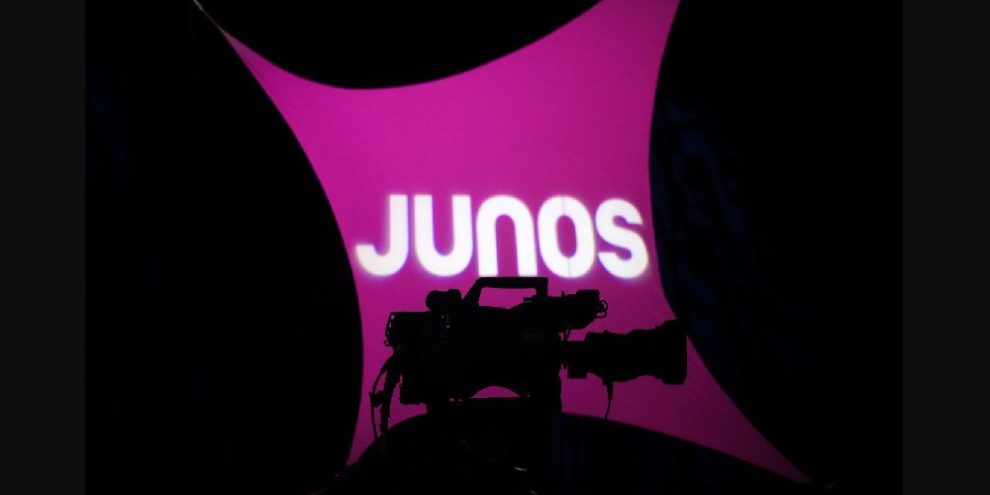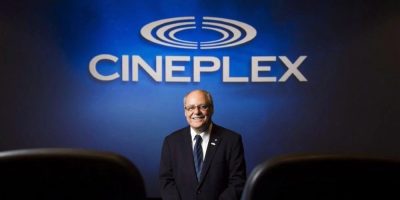
By David Friend in Toronto
The Juno Awards are laying out new submission rules to ensure that a fake Drake or other robot-led songs don’t land nominations in the future.
Organizers at the Canadian music awards show introduced an “AI Eligibility” section of its submission guidelines which specify that while musicians in eligible recordings can use artificial intelligence, it can’t be the “sole or core component” of the project.
The criteria come as the music industry grapples with a fast-evolving technology that’s flooded the internet with “deep fake” songs which use computer-generated voices that sound like famous musicians.
One of the most popular examples is “Heart on My Sleeve,” a track created by a U.S. producer who calls himself Ghostwriter and uses vocals that sound like Canadians Drake and The Weeknd.
Junos president Allan Reid says even without the new rules, “Heart on My Sleeve” would’ve not been eligible for the awards since its creator isn’t Canadian and neither vocalist was involved.
More recently, Vancouver-born musician Grimes released voice-modelling software that allowed fans to use her voice in their music, as long as they split the royalties with her.
Reid says those instances were part of what convinced Junos leadership to get ahead of potential questions around eligibility for songs that used the technology.
“This is going to be very much a learning year for us," he told The Canadian Press.
"It’s going to be case-by-case ... we want to make sure that we have humans being recognized. We can't be awarding an AI project a Juno."
Submissions for the 2024 Juno Awards open on Monday.
feature image from The Canadian Press /Nathan Denette






